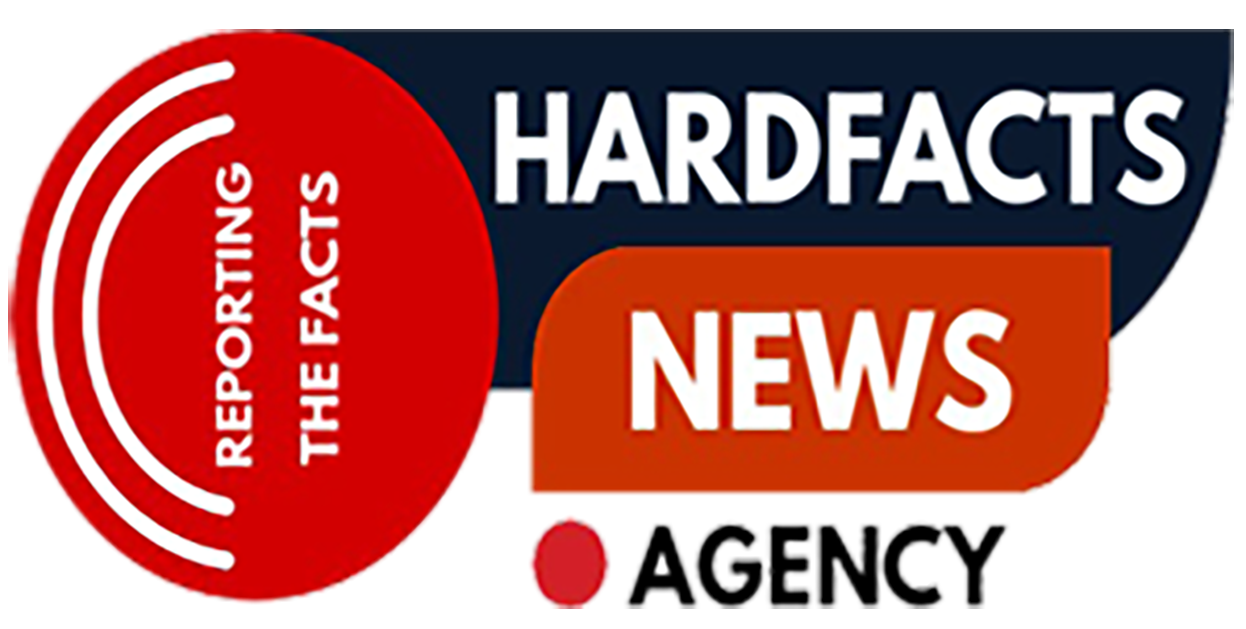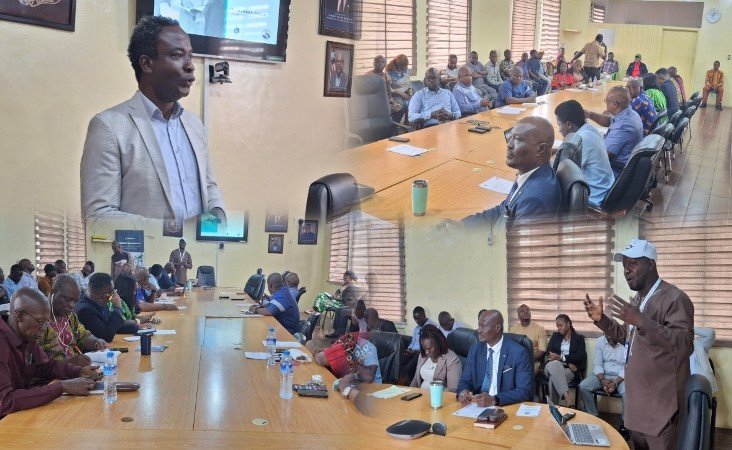By: Zac T. Sherman
As part of its ongoing efforts to strengthen transparency and adherence to the Freedom of Information (FOI) Law of Liberia, the Independent Information Commission (IIC) has conducted separate awareness, records management and compliance training sessions for three key government institutions.
The institutions benefiting from the law-focused initiative include the Ministry of Public Works (MOPW), the Bureau of State Enterprises (BSE), and the Liberia Intellectual Property Office (LIPO).
The trainings, which took place individually, aimed at boosting institutional understanding of FOI compliance, effective records management, and promoting access to public information.
The IIC, led by Commissioner Joash T. Hodges, held a day-long training at the Ministry of Public Works, engaging senior management and staff in detailed discussions on the FOI Law. The session included presentations on the legal framework, responsibilities of public institutions under the law, and strategies for efficient records keeping. Commissioner Hodges, in his address, reaffirmed the Commission’s commitment to fulfilling its statutory mandate. He emphasized that full compliance with the FOI Law is not only a legal requirement but a vital aspect of good governance. He called on all public institutions to form dedicated FOI teams capable of responding to requests from the public, as guaranteed by the legislation.
The Commissioner officially introduced the IIC team to Deputy Minister for Administration, A. Samukai Dunnoh, and highlighted the critical role the Commission plays in promoting transparency and public accountability. According to him, FOI is a cornerstone of democratic governance and citizen engagement.
In response, Deputy Minister Dunnoh welcomed the IIC delegation and lauded the Commission for its proactive engagement. He acknowledged the importance of FOI in restoring public trust and ensuring accountability within government institutions. He noted that the Ministry of Public Works has existing channels for information dissemination but acknowledged challenges in reaching residents in the counties, especially those identified during recent assessment tours.
He emphasized that enhancing information sharing with the public will improve service delivery and reinforce the government’s commitment to openness.
Throughout the training, participants received presentations on the overview of the FOI Law, awareness compliance mechanisms, and effective records management practices. The sessions were interactive, allowing institutional representatives to engage directly with the IIC on specific challenges related to information access and storage.
In total, about 200 government officials and employees across the three institutions benefitted from the separate sessions. Participants expressed their appreciation to the IIC, stating that the training was timely and essential in guiding their institutions toward full FOI compliance. They pledged their commitment to upholding the principles outlined under the law.
It can be recalled that the IIC recently concluded a broader two-day FOI training involving 20 government ministries, agencies, and commissions. That session brought together over 100 senior officials and departmental heads and focused on deepening the culture of transparency and information access across the public sector.
The IIC continues to position itself as a lead government agency in ensuring that public institutions respect citizens’ right to know, as enshrined in the Freedom of Information Act of 2010.


